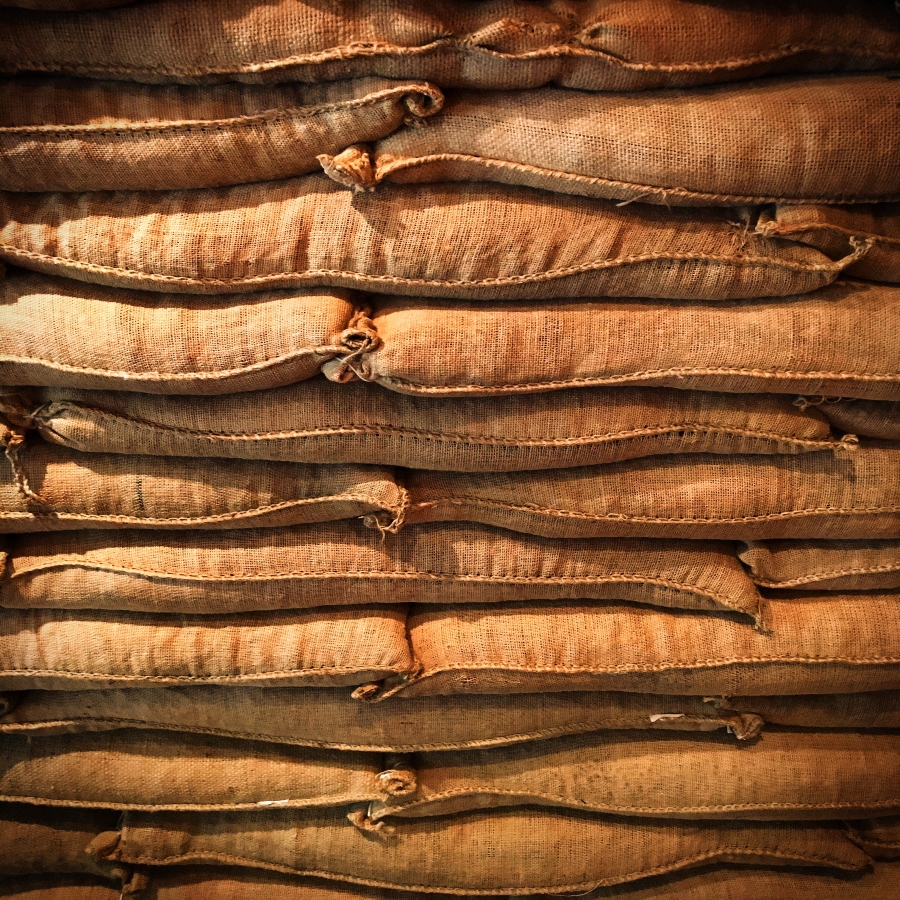At the General Store, a cashier said, “No, we don’t sell food,” so we asked if she had candy or soda or anything general stores tend to sell, and she laughed. “I don’t think you know what General means,” and she showed us a green helmet and army boots and badges pinned to a heavy fleece uniform. “And there’s a Sergeant Store down the street.”
When our parents’ cars were replaced with tanks, we thought, well, this is a fun way to get to school. And when our P.E. teacher taught us marksmanship instead of basketball, we figured you aim with one or the other, what difference does it make?
It was strange at first when the birds stopped calling. But birds need trees, our mothers said, and there were no trees anymore. And in the spring, when we listened for peepers at the creek, our fathers said, frogs don’t sing when their rivers are paved with concrete.
On a freight train to the sea, some of our classmates waved goodbye. We played songs for each passing train, so they knew how proud of them we were. “Proud of what?” we asked our parents, and whispering, they said: “Proud it isn’t you.”
That summer, we barricaded our doors with bags of sand and salt, turned our fences from wood to barbed wire, got rid of our fluffy dogs and made the big ones mean. We foamed at the mouths and painted our faces, hocked chewing tobacco into baked bean cans. We called our teachers sirs and ma’ams and learned to shoot with one eye closed. The other eye we kept on God, who walked these streets in filthy clothes, dragging a cart of soda cans that jingled through the night. When the jingling stopped, we thought, Where’s God? Where are the birds? The frogs? Our parents? We found ourselves in empty homes with snarling dogs, but at least we turned our bodies hard, disposed of all the baby weight they said made us too soft. We growled at broken mirrors to see if we could scare ourselves and didn’t know what it meant when we did.
One night, we chased our shadows to an empty field and lay beneath the moon. We held each other’s hands, curled into one another. We whispered all the things we wished we’d said before. When the busses arrived, men in General Store uniforms shined their lights on us, calling us names we did not recognize, commands we used to know. We were hungry, I think. Reminded of the food we did not eat, the soda and candy they did not let us buy. Didn’t they know we were wild? The rabid ones, the feral ones, unable to be tamed. Couldn’t they see our teeth, sharpened on chain-link, our claws, toughened like bone? When we left them there to lie, we tore across the rivers they paved until we ran so far, we turned back time—and there we found them, our former selves, waiting in line at the general store, money stuffed in pockets, hoping to be fed. We only wanted to warn them. We barked and snarled, but they raised their hands and kicked the ground, so dust clouds stung our eyes. The sun that day shined through an orange haze, the sky darkening like a sheet stretched over town, or better yet, a plastic bag siphoning our air through tears they’d sew with ligaments and bone.
On a traffic light, a wood thrush perched above our heads. We touched our stomachs, felt our ribs. But first, we listened to it sing.

